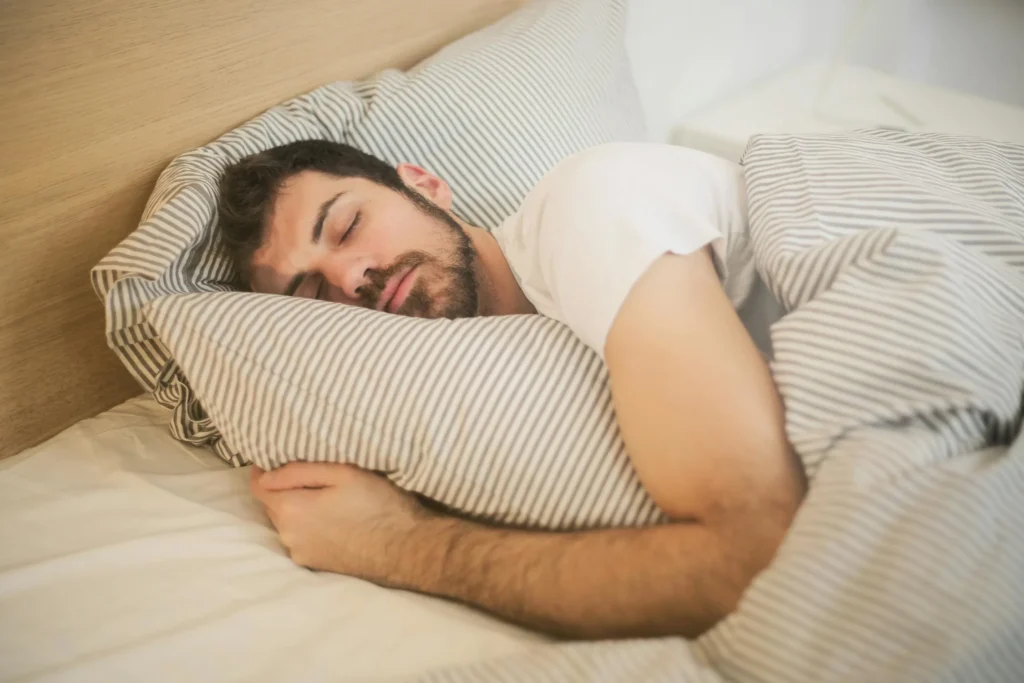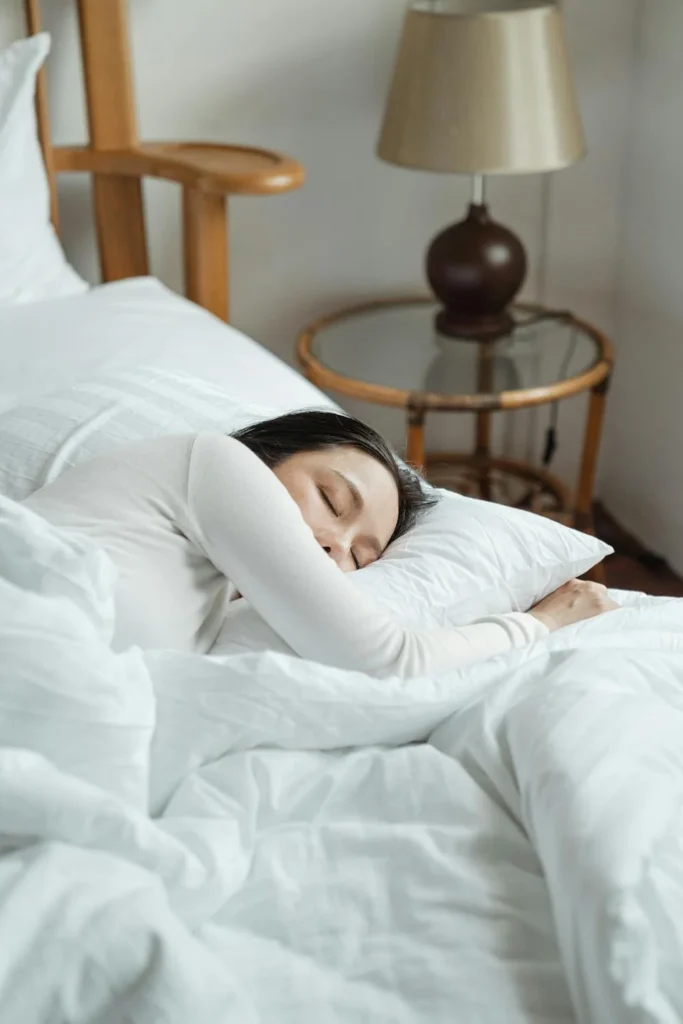Sleep apnea: it sounds simple, but for millions of people, it’s anything but. This common (and often misunderstood) sleep disorder causes breathing to repeatedly stop and start throughout the night. It doesn’t just make you feel groggy in the morning—it can take a serious toll on your long-term health if left unmanaged.
One of the most common questions people ask after a diagnosis is, “Can sleep apnea be cured?” And hey, it’s a fair question. After all, who doesn’t want a good night’s sleep without the wires, machines, or midnight gasps for air? The answer, as you might expect, isn’t black and white—but the good news is, there are effective ways to treat and even, in some cases, resolve sleep apnea. Let’s unpack the how and why.
What Causes Sleep Apnea?
Sleep apnea isn’t one-size-fits-all. It actually comes in a couple of different forms, each with its own cause and set of complexities. Let’s start with the most common one.
Obstructive Sleep Apnea (OSA)

Obstructive sleep apnea is the “mechanical” version—meaning your airway literally gets blocked during sleep. That blockage might come from relaxed throat muscles, excess weight around the neck, or even enlarged tonsils. And when your airway closes, even briefly, your body jolts you awake just enough to resume breathing.
Common risk factors? Being overweight, having a thick neck, a narrow throat, or a family history of OSA. Oh, and men are more likely than women to develop it—although post-menopausal women are at higher risk, too.
Prevalence in Adults: Obstructive sleep apnea (OSA) affects approximately 22% of men and 17% of women aged 18 and older.
Central Sleep Apnea (CSA)
This one’s a little trickier. Central sleep apnea isn’t about physical blockage—it’s about a miscommunication between your brain and the muscles that control breathing. Your brain basically forgets to tell your body to breathe. This type is less frequent but frequently linked to health issues such as heart failure, stroke, or specific neurological disorders.
Does Sleep Apnea Go Away Naturally?
We all love the idea of problems solving themselves overnight. Unfortunately, sleep apnea usually isn’t one of those problems.
In rare cases, obstructive sleep apnea might improve or even resolve—typically due to lifestyle changes like significant weight loss or, in children, the natural development of facial structure as they grow.
Central sleep apnea, on the other hand, might improve if the underlying condition—like heart failure—is successfully treated. But in most cases, sleep apnea requires active intervention. Waiting for it to “go away” is like leaving a leaky faucet and hoping it fixes itself—it won’t, and the consequences can quietly pile up.
How to Lower Your Sleep Apnea Risk
The best approach? Tackle it head-on, especially if you’re at risk. There are a few tried-and-true ways to reduce your chances of developing or worsening sleep apnea:
- Lose excess weight: One of the most effective things you can do. Fat around the neck can put pressure on your airway.
- Change your sleep position: Sleeping on your back can worsen apnea. Side-sleeping often helps.
- Treat nasal allergies: Keeping airways clear can ease nighttime breathing.
- Quit smoking: Smoking heightens airway inflammation and promotes fluid buildup.
- Limit alcohol and sedatives: They relax the muscles in your throat—exactly what you don’t want when you’re already struggling to breathe at night.
Think of these steps as tuning up your body for better sleep—small shifts with big returns.

Sleep Apnea Treatment Options
This is where modern medicine really shines. While sleep apnea may not always be “curable,” it’s definitely treatable—and with the right plan, most people can reclaim restful, uninterrupted sleep.
Positive Airway Pressure (PAP) Therapy
These devices are the gold standard. The most common is CPAP (Continuous Positive Airway Pressure), but depending on your needs, your doctor might recommend BiPAP, APAP, or ASV devices. They all do the same thing: keep your airway open by delivering a steady stream of air while you sleep.
Yes, the mask takes some getting used to. But with consistent use? Total game changer.
Oral Appliances
Custom-made mouthpieces can help by shifting the position of your jaw or tongue to keep your airway open. They’re less bulky than CPAP and often work well for people with mild to moderate OSA.
Mouth and Throat Exercises
There’s emerging evidence that specific exercises—often borrowed from speech therapy or yoga—can tone the muscles around the airway. It’s not a fast fix, but over time, it can make a real difference.
Surgery
In certain cases, surgical options like UPPP (uvulopalatopharyngoplasty), nasal surgeries, or even jaw advancement can be effective. Newer options include hypoglossal nerve stimulation, a pacemaker-like device that helps keep your airway open, or phrenic nerve stimulation for CSA.
Medication
Not usually first-line, but in some CSA cases or those with complex sleep apnea, meds may be part of the treatment toolkit—especially when linked to other conditions like heart failure or opioid use.
Sleep Apnea in Young Children
Here’s where the “cure” conversation gets more optimistic. In many pediatric cases, sleep apnea is caused by enlarged tonsils or adenoids. A common solution? Adenotonsillectomy—a surgical removal that often resolves the issue completely.
Age Factor: The prevalence of OSA increases with age, affecting up to 90% of men and 78% of women in some elderly populations.
Other treatments include rapid maxillary expansion, a dental procedure that widens the roof of the mouth and opens up the airway. These interventions can be especially effective when done early, helping kids breathe (and grow) better.
In Summary
So—can sleep apnea be cured? In some cases, yes. Especially in kids, or in adults who tackle root causes like obesity. But for most people, it’s more about managing the condition effectively than eliminating it altogether.
And the great news? With the right mix of lifestyle changes, therapy, and guidance from sleep specialists, most people see dramatic improvement. You don’t have to live your life exhausted, snoring through the night, or wondering what your body’s doing while you sleep. Solutions are out there—and they work.
Breathe easy. There’s hope, and help, right around the corner.

